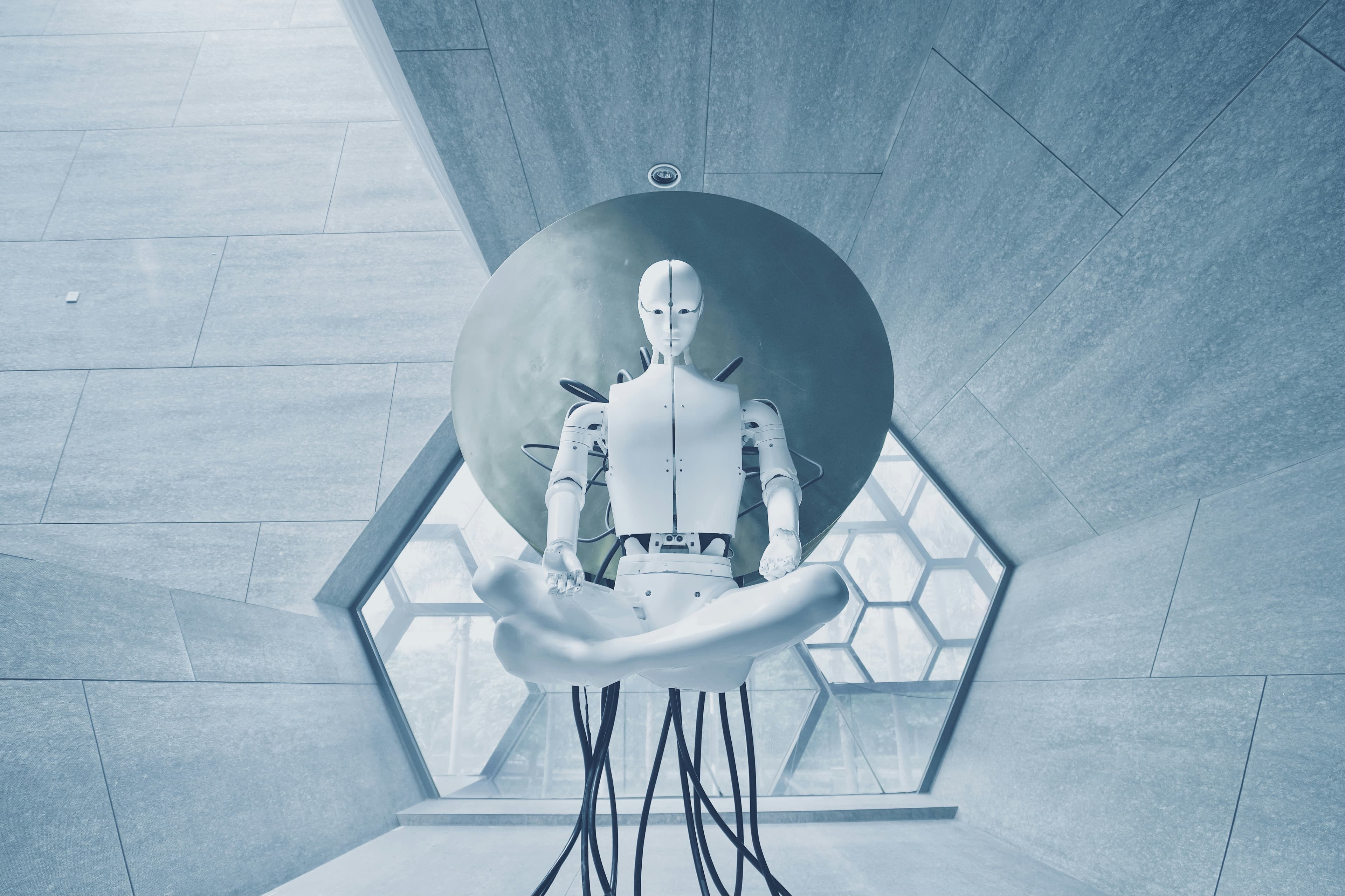
An AWS Northern Virginia outage crippled apps. Mexico and Ireland protest AI data centers, citing resource strain. Waymo aims for London 2026.
Remember that stomach-dropping feeling when your favorite app just stopped working? Yeah, me too. Just yesterday, a big chunk of the digital world went quiet. It turns out Amazon Web Services (AWS), the giant behind so many online services, had a bit of a wobble in its Northern Virginia data center. Talk about a single point of failure holding our connected lives hostage.
This wasnt just a minor glitch. This AWS outage crippled countless apps and websites across the globe. It was a stark reminder that even the biggest tech titans arent immune to hiccups. Its like putting all your eggs in one basket, then watching the basket get a hole. Dr. Corinne Cath-Speth, head of digital at Article 19, a human rights organization, put it plainly: "We urgently need diversification in cloud computing." Madeline Carr, a professor at University College London, echoed this, highlighting the "risky position for the world to be in" by relying on so few companies. Seriously, it makes you wonder, doesnt it?
While were all busy marveling at AIs dazzling potential, theres a less glamorous side to this tech boom. Building all those data centers to power artificial intelligence isnt just about silicon and servers. Its about resources. Think water, electricity, and land. And guess what? Communities are starting to feel the squeeze.
Were seeing a real AI data-center backlash brewing in places like Mexico and Ireland. As tech companies build these massive facilities, vulnerable communities are getting hit with blackouts and water shortages. Its a bitter pill to swallow when progress for some means hardship for others. This isnt just a local squabble; its a global conversation about sustainability and fairness.
This brings us to a fascinating crossroads. In Chile, a big political debate is raging. Should the nation pour billions into AI, risking public backlash over resource strain and ethical concerns? Or should it hold back and risk being left in the dust? Its a classic Catch-22, isnt it? This Chile AI politics situation is a microcosm of a much larger global dilemma. How do nations balance innovation with responsible development? Its like walking a tightrope, trying not to lean too far to one side.
Despite these growing pains, the market isnt slowing down. Were seeing AI creep into every corner of our lives. Take Waymo, for instance. Theyre planning to bring their robotaxis to London as early as 2026. Imagine hailing a car with no driver! This shows the incredible market growth opportunities for AI-driven mobility. But heres the kicker: Waymos success relies on the very cloud infrastructure that just gave us a scare. Its a vivid reminder that exciting new tech is still built on foundational elements that need to be rock-solid.
And what about education? The private Alpha School in San Francisco is saying its students can learn faster and better thanks to AI. This Alpha School model highlights the markets push to embed AI in every sector. But even here, experts are sounding a note of caution, wondering if everyone will truly benefit from this AI boom in schools. Its a nuanced discussion, like trying to pick the perfect filter for your selfie – it looks good, but is it real?
With all this innovation, ethical concerns are bubbling to the surface like a forgotten pot on the stove. Instagram, for one, is stepping up. Theyre introducing parental controls and limits on conversations about sensitive topics like self-harm, as worries grow about how AI chatbots affect mental health. This Instagram safety measures initiative, along with broader AI-ethics conversations, shows that the tech sector is starting to grapple with its responsibility. Its about putting human well-being first, making sure that as AI grows, it doesnt leave a trail of unintended consequences.
So, where does this leave us? The tech market is on a tightrope, no doubt about it. Were hurtling forward with AI innovation, but were also seeing the cracks in the foundation. The future, my friends, hinges on a delicate balance: resilience + responsibility.
We need to build distributed cloud stacks so one hiccup doesnt bring everything to its knees. We need renewable-energy-aligned data centers to ease the strain on communities. And we absolutely need robust regulatory frameworks to guide this powerful technology. Its not about slowing down progress; its about building it right. Its like planting a tree – you want it to grow tall, but you also need strong roots.
What do you think? Are we on the right track, or is there more we should be doing to ensure AI serves us all, responsibly? Share your thoughts below!
The recent AWS outage highlighted how dependent we are on a few major cloud providers. It showed that a single technical issue in one data center can have a ripple effect, bringing down numerous websites and apps worldwide, underscoring the urgent need for more diversified cloud computing infrastructure. It was a wake-up call, plain and simple.
AIs rapid growth, particularly the expansion of data centers, is putting a strain on local resources like water and electricity. This has led to public backlash and even blackouts and water shortages in some vulnerable communities, like those in Mexico and Ireland, prompting important conversations about sustainable development and responsible resource management. Its not just about the tech; its about our neighborhoods too.
Ethical concerns around AI are growing, especially regarding its impact on mental health and learning. In education, there are questions about whether AI-driven learning models benefit all students equally. On social media, companies like Instagram are introducing parental controls to address worries about AI chatbots and their influence on young users. Its about finding that sweet spot between innovation and protection, ensuring AI serves, not harms.
This article is part of ourTech & Market Trendssection. check it out for more similar content!